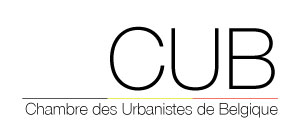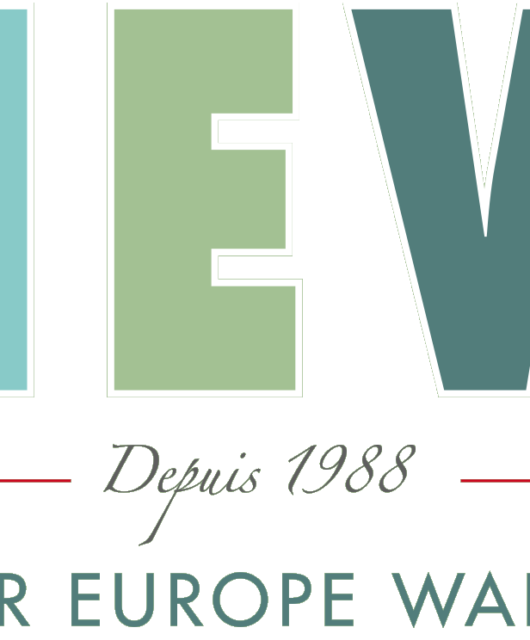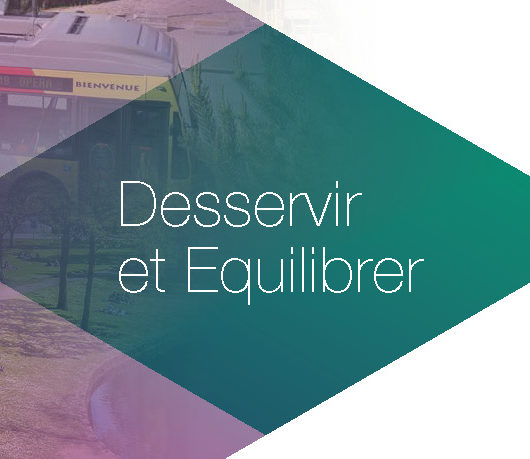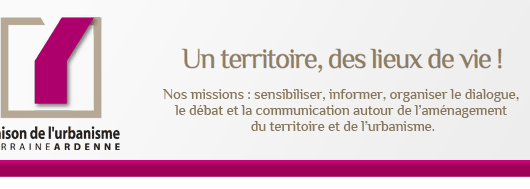Empowerment, Engagement and Partnership: participating to develop healthy cities

REGISTER NOW
for the 6th International City Health Conference
‘Empowerment, Engagement and Partnership:
participating to develop healthy cities’
Programme for the Conference
We are pleased to announce that the outline programme for the conference, with all confirmed speakers (including David Dorn, Dr Delon Human, Olivier Théraulaz, Tom Decorte, Lars Donath, Dr. Alan Farrier, Professor Geoff Gallop, Professor Gabriela Muri, Lukas Zahner, Michelle Baybutt and many more) can be found here. This is an ‘inclusive’ conference, with presenters and participants including NGOs, community projects, advocacy groups, as well as urban and health planners, academics, policy makers and those who deliver services and interventions.
Registration
To participate in the conference, please see full details of fees and how to register here. A discount of 10% is also available for registrations for five or more delegates made and paid for in a single transaction!
Field Visits
For participants who arrive the day before, we have organised a selection of five field visits to provide you with a flavour of how the city of Basel responds to the theme of this year’s conference. All conference participants are invited to take part in the visits, free of charge, although you will need to pre-register.
This is the sixth in the series of City Health conferences. It is hosted by the University of Applied Sciences and Arts Northwestern Switzerland and organised by Knowledge•Action•Change
‘Empowerment, Engagement and Partnership: participating to develop healthy cities’ reflects the belief that measures and actions for health promotion and urban development are more effective if the affected populations play an active and co-decisive role in the process of design, development and delivery. Evidence demonstrates that such engagement and participation contributes to sustainable solutions, to a greater identification with urban public space and increased intergenerational communication.
Other benefits from this inclusivity can be seen in reducing inequalities and improving access to resources, both of which contribute to increased individual and community well-being. Measures for this include improved health status, increased life expectancy, a reduction in anti-social behaviours and increased social cohesion.
This approach also lends itself to implementation at neighbourhood, as well as city levels and enables many innovative ideas and practices to ‘road tested’ without wholesale reorganisation and consequent cost to the public purse.
We look forwards to seeing you in Basel in September!
The Conference Team





